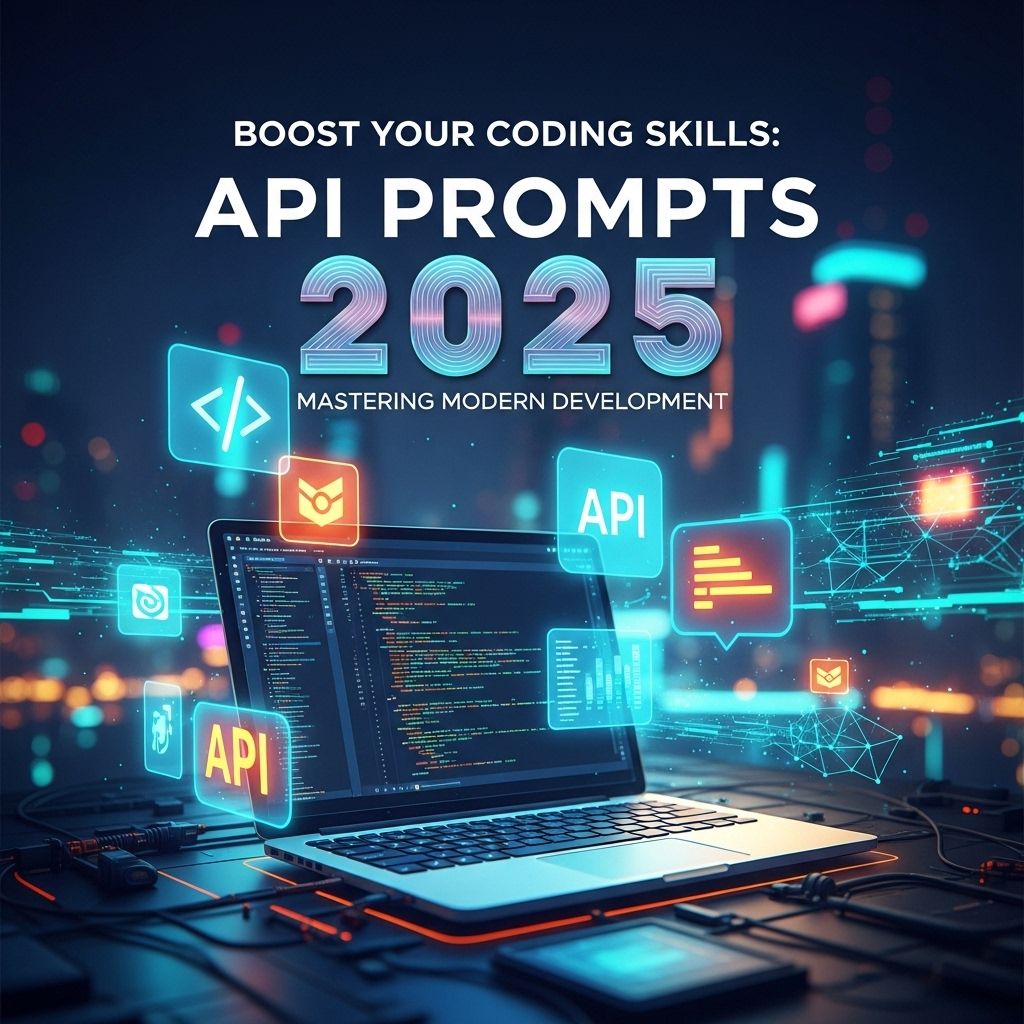Coding in today’s world is more than just typing out lines of code; it’s about leveraging resources, understanding frameworks, and collaborating effectively. One of the most powerful tools in a developer’s arsenal is the Application Programming Interface (API). With the rapid evolution of technology, mastering APIs has never been more critical for developers. This article explores the essential aspects of APIs, how they can enhance your coding skills, and the exciting developments expected in 2025.
Table of Contents
Understanding APIs: The Backbone of Modern Software
APIs serve as a bridge between different software applications, enabling them to communicate with each other. They allow developers to access the functionalities of other software products, thus saving time and effort in coding from scratch. Here are some of the key elements of APIs:
- Endpoints: The specific URLs where APIs can be accessed.
- Requests and Responses: The communication between the client and server, usually in JSON or XML format.
- Authentication: Security measures to ensure that only authorized users can access the API.
- Rate Limiting: Restrictions on how many requests a user can make in a given timeframe.
Types of APIs
APIs can be categorized based on their functionalities and the platforms they serve. Here’s a breakdown:
1. Web APIs
These APIs are accessible over the internet and are commonly used in web development.
2. Operating System APIs
These are used for interfacing with the operating system, like Windows API for Windows applications.
3. Library or Framework APIs
These are built into programming libraries and frameworks to facilitate development.
4. Remote APIs
Also known as network APIs, these allow services to communicate over a network.
The Benefits of Using APIs in Development
Utilizing APIs in your development process can significantly enhance productivity and innovation. Here are some key advantages:
- Time Efficiency: APIs allow developers to integrate existing solutions quickly.
- Access to Advanced Functionality: You can leverage complex functionalities without building them from scratch.
- Scalability: APIs enable applications to scale easily by connecting various services.
- Collaboration: Teams can work on different components of a project independently while still maintaining connectivity.
Popular APIs to Explore in 2025
As we look forward to 2025, several APIs are set to dominate the tech landscape. Here’s a list of some noteworthy APIs to consider:
| API Name | Description | Use Cases |
|---|---|---|
| OpenAI API | Provides access to advanced AI models for text generation. | Chatbots, content creation, code assistance. |
| Stripe API | Facilitates online payment processing. | E-commerce, subscription services, donation platforms. |
| Twilio API | Enables communication through SMS, voice, and video. | Customer support, notifications, two-factor authentication. |
| Google Maps API | Allows integration of mapping features into applications. | Location services, travel applications, navigation tools. |
Best Practices for Working with APIs
To maximize the effectiveness of APIs in your projects, consider adhering to these best practices:
1. Read the Documentation
Thoroughly review the API documentation to understand its capabilities, limitations, and best use cases.
2. Handle Errors Gracefully
Implement appropriate error handling to manage issues that arise during API calls effectively.
3. Optimize Requests
Minimize the number of API requests to reduce latency and improve performance.
4. Secure Your API Keys
Ensure that your API keys and secrets are stored securely and not exposed in public repositories.
Future Trends in API Development
The landscape of API development is continuously evolving. Here are some trends to keep an eye on as we approach 2025:
1. Increased Use of GraphQL
GraphQL is gaining popularity over REST APIs for its ability to allow clients to request only the data they need.
2. API as a Product
Companies are beginning to treat APIs as standalone products, focusing on user experience and monetization strategies.
3. Serverless Architecture
This trend simplifies deployment and scaling by allowing developers to run backend services without managing servers.
4. Enhanced Security Measures
As APIs become more prevalent, security practices will evolve to protect against vulnerabilities and threats.
Conclusion
Mastering APIs is crucial for any developer aiming to stay relevant in the fast-paced tech world. By understanding how to leverage APIs effectively and keeping up with the latest trends, you can enhance your coding skills and contribute to innovative projects that shape the future. As we approach 2025, the opportunities to integrate and utilize APIs will only expand, making it an exciting time to be part of the tech community.
FAQ
What are API prompts and how can they boost my coding skills?
API prompts are predefined commands or queries that help developers interact with an API effectively. They can enhance your coding skills by providing structured examples and use cases to learn from.
What coding languages can I use with API prompts?
API prompts can be utilized with various programming languages such as Python, JavaScript, Ruby, and Java, allowing you to integrate APIs seamlessly regardless of your preferred coding environment.
How can I find the best API prompts for my projects?
You can find the best API prompts by exploring online coding communities, documentation from API providers, and dedicated platforms that specialize in API tutorials and coding challenges.
Are there any tools to help me create and test API prompts?
Yes, there are several tools available, such as Postman and Swagger, that allow you to create, test, and document API prompts efficiently, making your development process smoother.
Can API prompts help with debugging my code?
Absolutely! Using API prompts can streamline your debugging process by providing clear examples of expected inputs and outputs, making it easier to identify errors in your code.
How do API prompts fit into learning frameworks for coding?
API prompts are integral to many coding learning frameworks as they provide practical, hands-on experience with real-world applications, helping learners understand how to use APIs in their projects.









